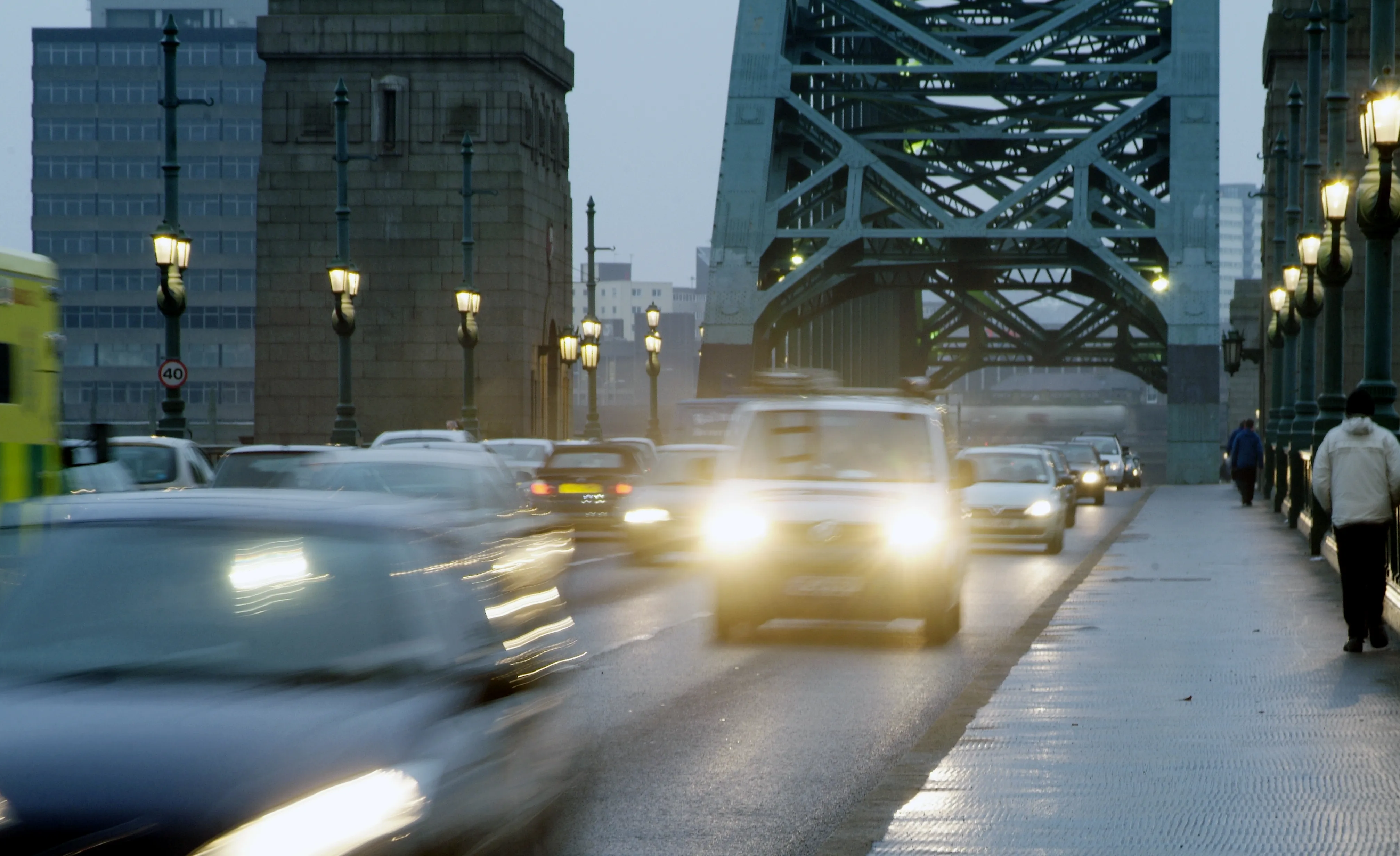Four cities have been awarded significant funds to promote green vehicle technology after successfully bidding for a share of a multi-million pot created to support the take-up of plug-in electric cars across the UK.
Transport Secretary Patrick McLoughlin announced the winners of the Go Ultra Low City Scheme, after the successful cities proposed a number of initiatives to support greener vehicles as part of a government competition.
The winning cities will deliver a rollout of cutting edge technology, such as rapid-charging hubs and street lighting that double as charge points, along with a range of innovative proposals that will give plug-in car owners extra local privileges such as access to bus lanes in city centres. Around 25,000 parking spaces will also be opened up for plug-in car owners saving commuters as much as US$2,000 a year.
The funding has been awarded to cities which have designed schemes that will help encourage thousands of people to consider switching to a plug-in car. These proposals will support the UK’s thriving green vehicle sector, improve air quality in urban hotspots and help the government meet its emission cutting targets.
Transport Secretary Patrick McLoughlin said: “These Go Ultra Low Cities have proposed exciting, innovative ideas that will encourage drivers to choose an electric car. I want to see thousands more greener vehicles on our roads and I am proud to back this ambition with US$57 million to help the UK become international pioneers of emission cutting technology.
The UK is a world leader in the uptake of low emission vehicles and our long-term economic plan is investing US$859 million by 2020 to improve air quality, create jobs and achieve our goal of every new car and van in the UK being ultra-low emission by 2040.”
The scheme is also providing US$7 million of development funding for specific initiatives in Dundee, Oxford, York and north east regions to help them play their part in kick-starting a country-wide clean motoring revolution. New commuter charging hubs in Dundee will open up links across the region for plug-in vehicle owners, while solar-canopied park and ride hubs in York will help reduce air pollution in and around the city.
However, whilst welcoming the news, shared transport organisation said the funding ‘misses opportunities’ to support the trend to smart mobility and shared use rather than car ownership.
Alistair Kirkbride, director of Carplus, said: “Residents of our cities want a range of clean, cost effective, high quality mobility choices. Smart mobility and shared transport offers that. The private sector is lining up to deliver. Go Ultra Low should make supporting this trend its highest priority.”
He added, “When multinational car manufacturers such as BMW, Ford and Daimler-Benz invest heavily in urban car sharing through DriveNow, Go!Drive and Car2Go, it’s a sure sign that car clubs are the future, and ownership starts to look old hat.”
By re-focusing future investment on city-scale shared e-mobility pilots, Carplus believes that Government could achieve wider use of shared zero or ultra low emission vehicles - buses, taxis, car clubs and public e-bike hire.
With fairer access to transport and slowing growth of traffic on our highways, Carplus says this would deliver radical improvements in air quality and reductions in greenhouse gas emissions.
Four UK cities awarded funding to drive green car revolution across
Four cities have been awarded significant funds to promote green vehicle technology after successfully bidding for a share of a multi-million pot created to support the take-up of plug-in electric cars across the UK. Transport Secretary Patrick McLoughlin announced the winners of the Go Ultra Low City Scheme, after the successful cities proposed a number of initiatives to support greener vehicles as part of a government competition.
January 28, 2016
Read time: 3 mins








